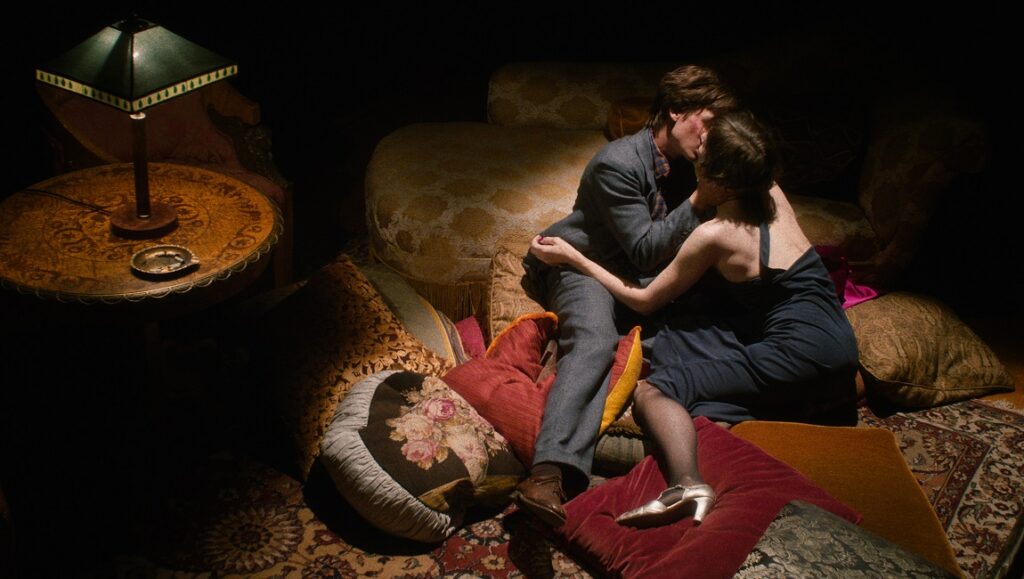Fabian bears perhaps a thin thesis, but Graf remains a sly evangelist for and director of the dignity of disorder.
Early on in Fabian: Going to the Dogs, a young doctoral candidate with utopian dreams, and a rather less promising destiny, quotes Blaise Pascal to his university friend, the eponymous Fabian, as they totter around his ramshackle apartment: “Order is a deadly omen.” Dominik Graf surely agrees. The German director has cut a unique path among contemporary film artists, working largely in local television, producing a theatrical feature once or twice a decade, and in all instances adopting the ethos of the armed infiltrator, disrupting the conventions of genre and good taste from within. His newest film, the first made for the cinema since 2011’s Beloved Sisters, adopts the framework of a historical epic — a Weimar Republic revel to match his earlier treatise on Weimar Classicism — and resolutely, even petulantly, refuses to play by the rules. But no matter their stance of aesthetic revolt, Graf’s forays into the past are not prankster-ish put-ons or a smuggler’s attempt to cloak his outsider art in the costume of respectability — or at least not exclusively those things. The history films occupy a unique and rather indispensable position among Graf’s work, acting something like prequels to the world found in his TV movies and police procedurals, which, when taken together, function as a near complete (though stubbornly termite-like) taxonomy of contemporary German life, but which offer the viewer no preface, no footnotes, and certainly no historical outline. If you want one, you typically have to bring it yourself.
But Graf is a little more generous in the cinema than he is at home, and Fabian rather bluntly literalizes the director’s approach in its opening image: an uncharacteristic tracking shot, eerily smooth and digital, slinks through a contemporary Berlin subway station, as people stare lazily at their cell phones or rush to their tech jobs, before the camera emerges from the underground and goes screaming into 1931. “The age of human dignity is dawning,” we are told amidst a hurricane of drugs, alcohol, and sex parties. To be clear, there’s no contradiction here: Fabian establishes a kind of libertine paradise familiar to Graf’s cinema, in which the essential utopian unit is the ménage à trois — no one believes in the power of the threesome as earnestly as does Dominik Graf. And while the roundelay here is more spiritual than sexual, it is — as is typically the case — the thing struggling to be born, a tenuous promise of liberty held aloft by Graf’s furious style, but which is, inevitably, snuffed out by that unyielding German taste for order. Perhaps a thin thesis, as far as historical dialectics go, but there are precious few partisans committed to the dignity of disorder these days, in life, and especially in cinema. Fabian, in its ribald, chaotic way, tells us that the perpetual promise of a better, more stable present to come is — to cite another Graf title — just the lie we call the future.
Originally published as part of Berlin Film Festival 2021 — Dispatch 7.


Comments are closed.